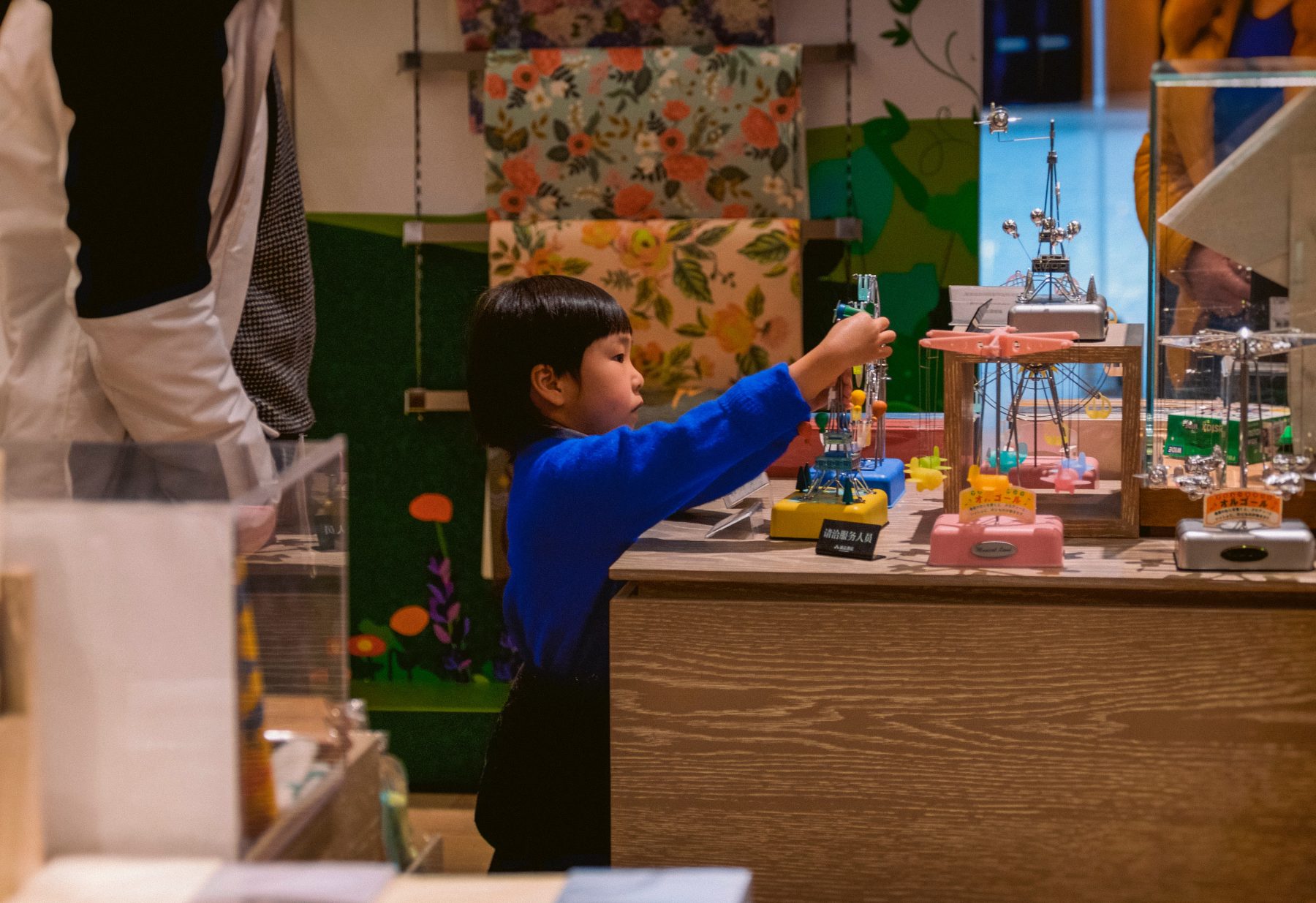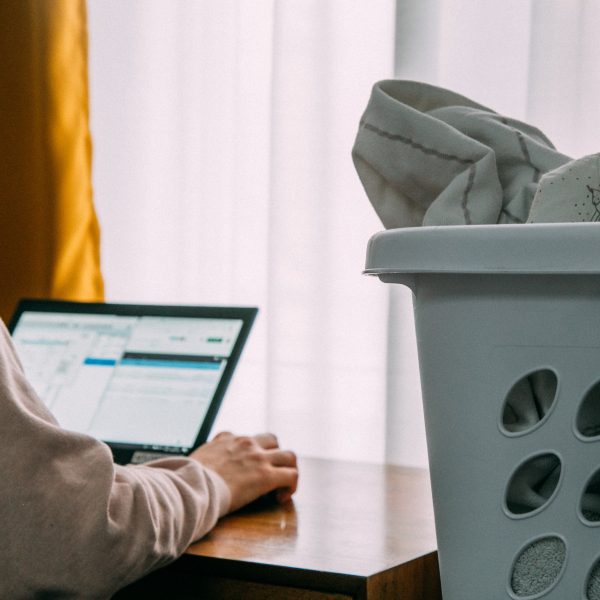Not much relief for parents, but new child-care measures will rescue providers (again)

Child care will reopen to all Melbourne families this week, as the Australian government’s latest child care support package comes into effect. Education Minister Dan Tehan has pledged:
an additional A$305.6 million for families and child-care providers to deliver hip pocket relief and ensure the sector remains open to help drive the COVID-19 recovery.
Most of the measures are designed to keep afloat Victorian service providers suffering financially due to lockdown (especially in Melbourne). Child care — increasingly recognised as an essential service — has now effectively received three rescue packages in less than 12 months.
Some of the measures will also affect families, but this depends on circumstances such as where they live and what kind of service their children attend.
I’m a child care provider. How will recovery payments help me?
The government introduced payments of at least 25% of pre-COVID revenue to approved Australian child care services when the previous relief package and Jobkeeper ended for the sector. These payments are known as “transition payments”.
They were a lifeline for Melbourne services while only children of permitted workers and vulnerable children were attending (and paying fees).
These payments were due to end on September 28, but have now been extended for Victorian services only to January 31, 2021.
An additional 15% top-up payment will be provided to out of school hours care (OSHC) providers when schools open to more students. This is currently scheduled to happen in week two of term four (from October 12).
This top-up means OSHC providers’ payments will equal around 40% of their pre-pandemic revenue, recognising they have been hit particularly hard by the lockdown.
Payments to services won’t impact directly on fees for parents. But they will mean their service is more likely to remain financially viable, and open for children to attend when they open up to all families in September and October.
I’m a parent. Will fees change?
The fee freeze makes for a good headline promising more help for parents but it’s difficult to say how much difference it will really make.
Fee freezes might save some families up to A$5 per day, per child. But these aren’t savings on their current spending, it just means they’re being shielded from a planned fee hike. Parents using child care shouldn’t face any fee hikes until January 31 at the earliest.
Whether families actually save anything at all depends on where they live and what provider they use.
Some local councils in Melbourne had already committed to no fee increases. Fees at child care centres that are not run by councils, however, are determined by individual providers. They decide whether and how much to increase fees, so parents’ savings will vary significantly.
Parents with children in four-year-old sessional kindergarten will be saving on fees, with the Victorian government (which co-funds kindergarten with the federal government) committing to free kinder for term four.
Will child care centres lose staff or reduce hours?
The federal government’s employment guarantee, which has been extended along with transition payments, is a big issue for educators and carers.
The government has made it clear it expects child care providers receiving transition payments not to stand down educators or make them redundant, even where there is reduced need for staff.
However, it’s possible for child care centre managers to reduce shifts significantly. For example, under the July transition payment arrangements, centre managers were only required to offer more than one shift to their workers over a period of ten weeks.
More than three quarters of the early childhood centre workforce is casual or part-time, so many Melbourne child care workers are likely to face significant income reductions.
Despite the employment guarantee, there have been reports of Melbourne educators being stood down.
I’m a parent. How will changes to the Activity Test affect me and my subsidy?
The federal government’s “Activity Test” links how much time parents spend in work, education or training with the level of child care subsidy. Parents working and studying less can only access a limited number of subsidised hours of childcare.
But the Activity Test was eased in July, meaning that if parents’ income has been impacted by COVID-19, they can still get the same or more child care subsidy even if they were working or studying less. This measure has now been extended to April 4, 2021.
But parents will still have to meet the gap fees (the difference between fees charged by providers and subsidies paid by the government). For those really struggling, it may be difficult to keep paying fees if one parent is at home and able to care for children.
Children from disadvantaged backgrounds benefit most from high quality early learning, and are more likely to start school developmentally vulnerable. Temporarily easing the activity test is unlikely to keep the lowest income families engaged.
I’m a parent and I lost my job. Can I get free child care?
Parents who’ve lost their jobs may also be eligible for free child care temporarily. Application for the Additional Childcare Subsidy must be made through Centrelink.
Although not included in the government’s announcement, this provision could be vital in helping families to keep their children connected with early education and care, providing children with stability and much-needed fun, and supporting their development and learning while families recover.![]()
Kate Noble, Education Policy Fellow, Mitchell Institute, Victoria University
This article is republished from The Conversation under a Creative Commons license. Read the original article.
Popular

Policy
Quality
Practice
Provider
Research
Workforce
ECEC services to close early for mandatory child safety training under national reforms
2025-12-01 07:10:09
by Fiona Alston

Quality
Policy
Practice
Provider
Workforce
Growth restrictions and enhanced oversight imposed on Affinity Education Group in NSW
2025-12-01 07:30:29
by Fiona Alston

Workforce
Events News
Policy
Practice
Provider
Quality
Gold Walkley Award win for childcare investigation places national spotlight on safety and accountability in ECEC
2025-12-02 07:30:34
by Fiona Alston
















